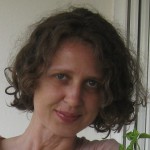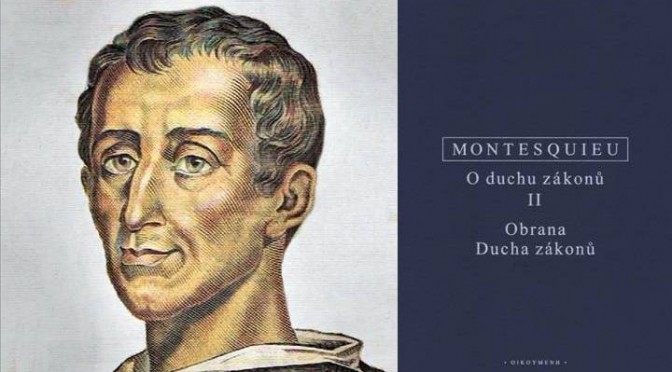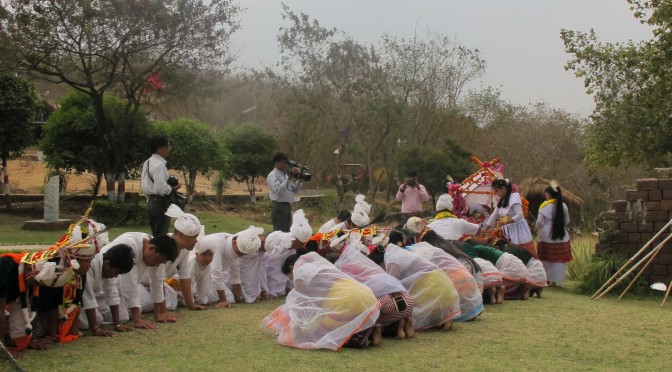Program
 Monday 11 April – Prague
Monday 11 April – Prague
6-8 PM
Lecture and debate organized by CEFRES in partnership with the French Institute in Prague.
Topic: Cold War Translations: Actors and Practices of Book Circulations Beyond the Iron Curtain and their Reception in France.
Discussant : Jovanka Šotolová, Department of Translation of the Faculty of Arts of Charles University, and a translator of French literature.
Language: French with Czech translation.
Where: Conference room of the French Institute, Štěpánská 35, 5th floor.
Tuesday 12 April – Bratislava
6-8 PM
Lecture co-organized by the Institute of World Literature of the Slovak Academy of Sciences and the French Institute in Bratislava.
Topic: Translating Under Duress. A Sociological Approach to the Transfers of Central European Literatures in France during the Cold War.
Language: French.
Where: French Institute in Bratislava.
Wednesday 13 April – Bratislava
10:30-12:30 AM
Monthly seminar of the Institute of World Literature of the Slovak Academy of Sciences.
Topic: The Institutionalization and International Construction of Area Studies in France during the Cold War. Insights from the Russian and Eastern European Program of the Ecole Pratique des Hautes Etudes 6th Section.
Language: English.
Where: Institute of World Literature.
Thursday 14 and Friday 15 April – Prague
10:00 AM
International conference on “Translation Between Languages, Cultures and History” organized by the Department of South Slavonic and Balkan Studies of the Faculty of Arts of Charles University, the Institute of World Literature of the Slovak Academy of Sciences and the Romanian Cultural Institute in Prague.
Keynote speech: Translation Routes: a Sociology of Literary Transfers between East and West during the Cold War.
Organizers: Libuša Vajdová (ISL SAV) and Libuše Valentová (FF UK).
Where: Hybernská 3, Prague 1 (Faculty od Arts).
The full program will be online soon!




